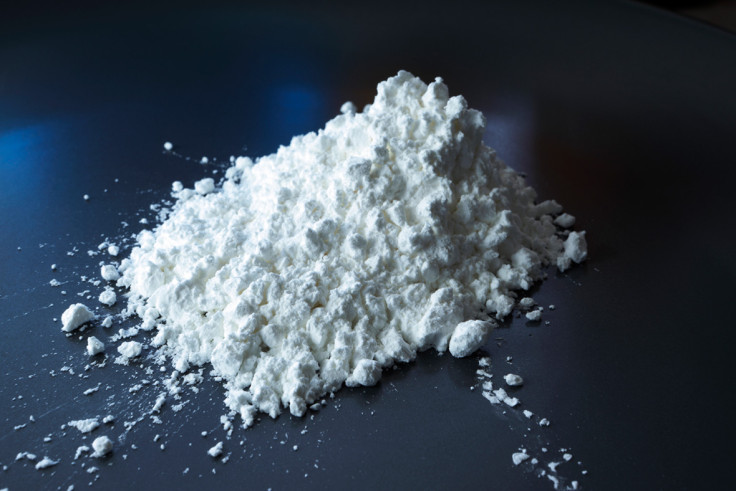Can a promising new compound cure cocaine addiction?
Scientists have identified a compound which inhibits the activity of certain brain cell receptors.

An international team of researchers led by scientists at The Scripps Research Institute (TSRI) has found strong evidence supporting a new strategy to combat drug addiction. Specifically, they have identified a compound which inhibits the activity of certain brain cell receptors, reversing the signs of cocaine dependency in rodents.
The new study focusses on a brain receptor known as the TrKB receptor, showing that the overall effect is to reverse cocaine dependency. "I think this study could help revive the idea of targeting TrkB signaling to treat addiction," said TSRI biologist Candice Contet, senior author of the study.
Cocaine addiction affects millions of people around the world, however, there is no currently approved effective drug treatment.
Scientists know that cocaine works by producing a huge boost in the levels of dopamine in the "mesocorticolimbic reward system", where our brain registers pleasurable experiences and conditions itself to seek out more of them. In testing on rats who are repeatedly exposed to cocaine, the animals learn to self-administer the drug, causing long-lasting changes to two important areas of this reward system – the nucleus accumbens and the medial prefrontal cortex.
Previous studies have shown that these changes are partly affected by changes in the production of brain-derived neurotrophic factor (BDNF) — a kind of protein found in the brain — which works by activating TrkB receptors. It has been shown that by injecting BDNF straight into the nucleus accumbens of rats, their desire for the cocaine increases. Conversely, by blocking BDNF production in this same brain region, the signs of dependency are reduced.
As a result of this, TrkB receptor-blocking has been proposed as a new strategy against addiction.
"Based on these previous findings, we were very excited to investigate whether blocking TrkB receptors throughout the brain would be beneficial or detrimental in helping to reduce the motivation to take cocaine," said Michel M.M. Verheij, a research associate at TSRI at the time of the study.
The research, which was published in The Journal of Neuroscience, looked at the overall effects of blocking TrkB receptors, using a newly developed TrkB-receptor blocker that makes its way into the brain after being injected into the bloodstream.
They tested this TrkB blocker on rats which had learnt to self-administer cocaine using a lever, finding that it significantly reduced visible behavioural measures of cocaine use including dependency, and, promisingly, that this effect was stronger as the dose got higher. The treated rats used much less cocaine, were much less willing to press the lever to get more and were also less inclined to relapse when given cocaine again after a period of withdrawal.
In addition, the TrkB-blocking treatment did not affect the rats' appetite for a sugary solution. "That's good because it shows that the TrkB antagonist doesn't work by causing a general suppression of appetite or activity, but specifically reduces the sense of reward and motivation for cocaine," Contet said.
It is hoped that the research will encourage the medical community to consider the potential of the TrkB blocking approach as an effective way to combat cocaine addiction in humans. Currently, various TrkB blocking compounds are being investigated in the labs of pharmaceutical companies to gauge their potential for treating disorders such as depression, anxiety and brain cancer.
© Copyright IBTimes 2025. All rights reserved.





















